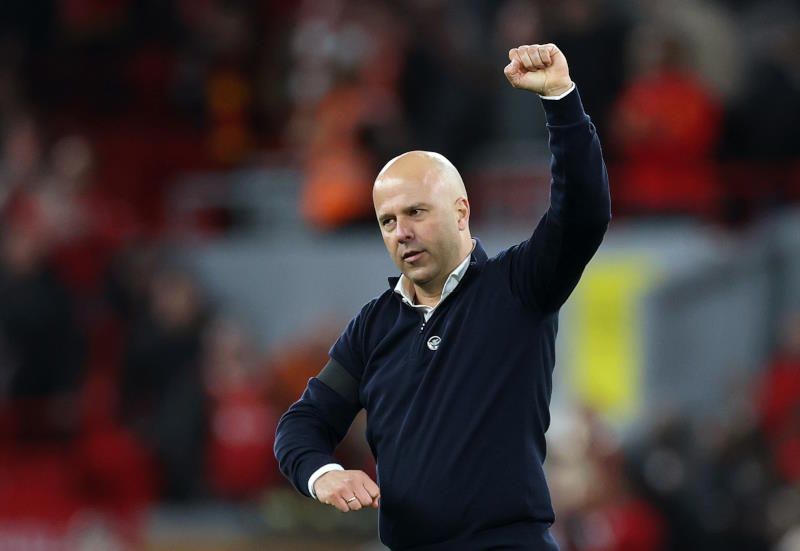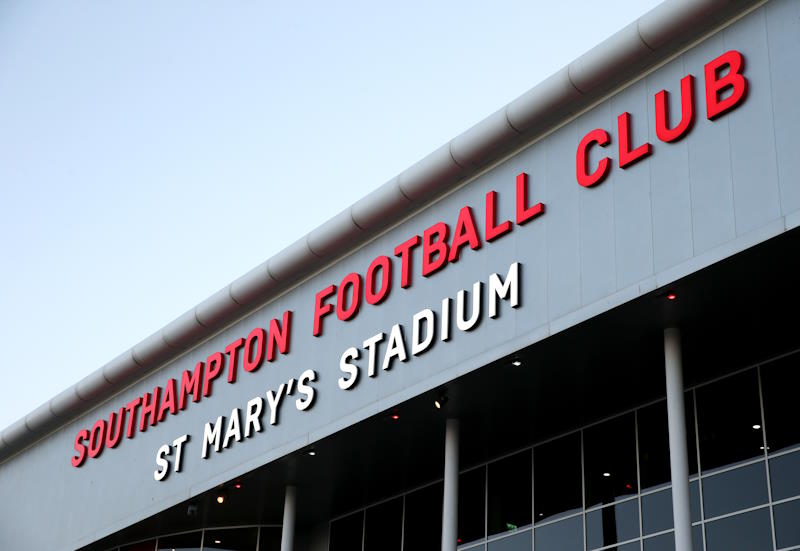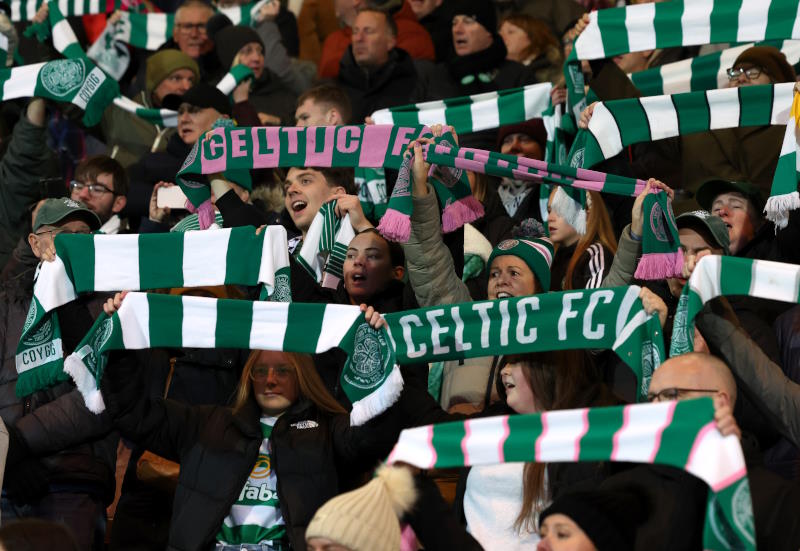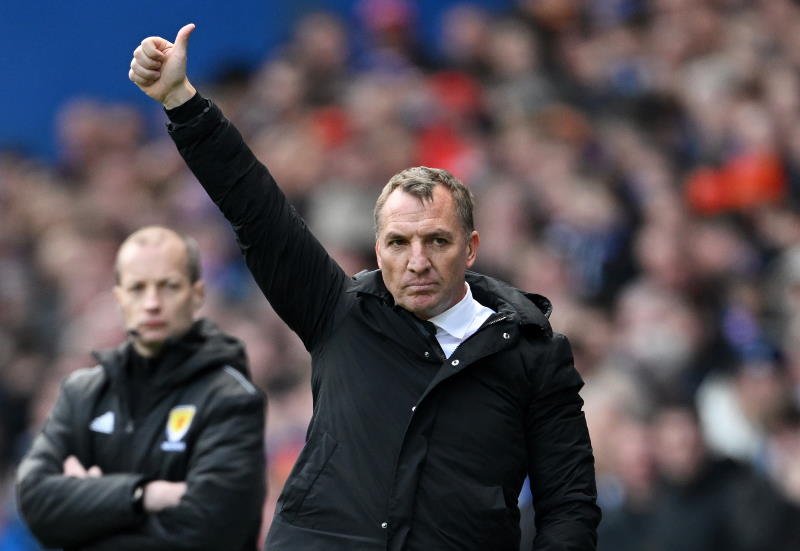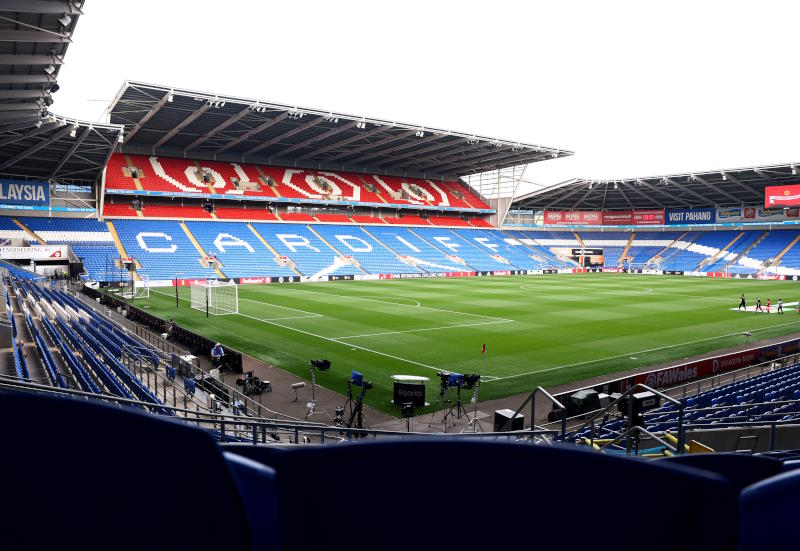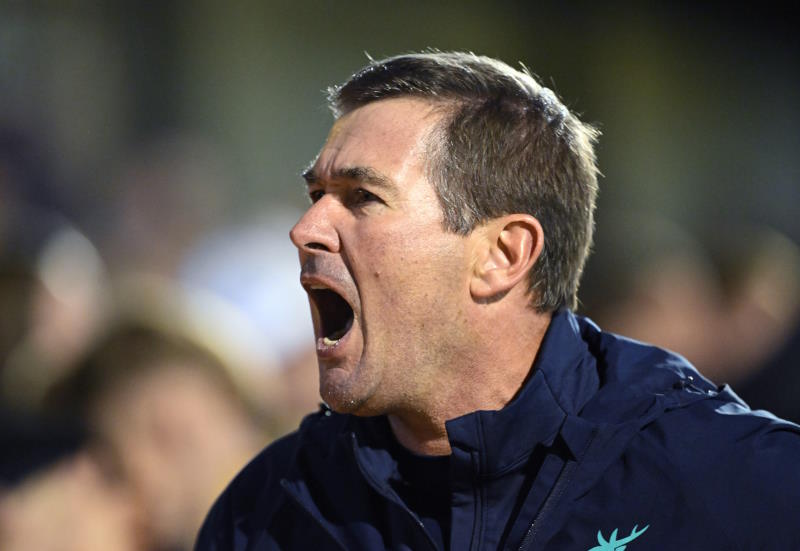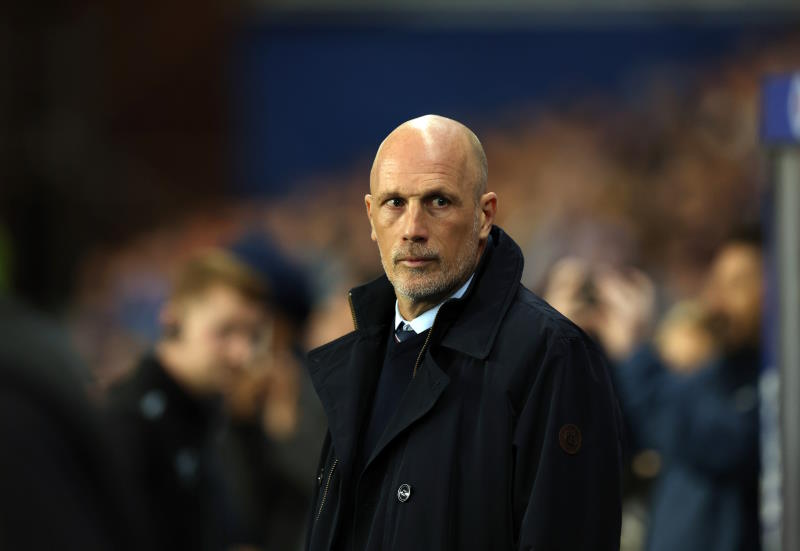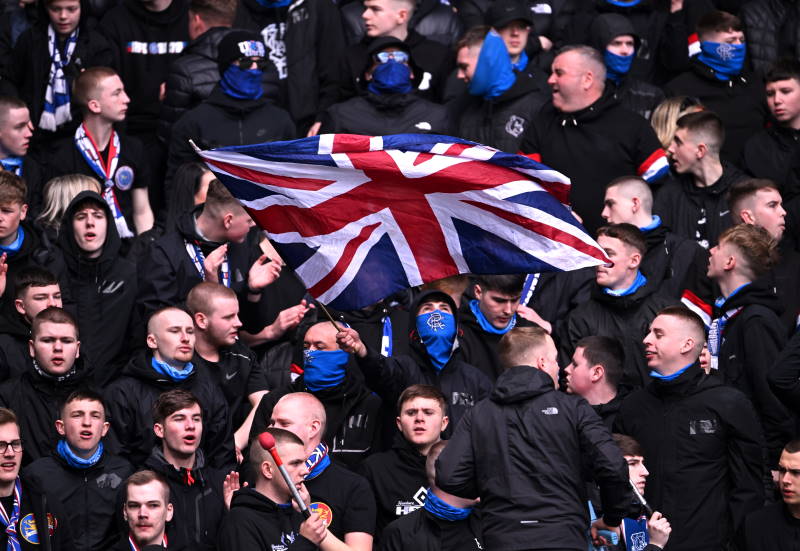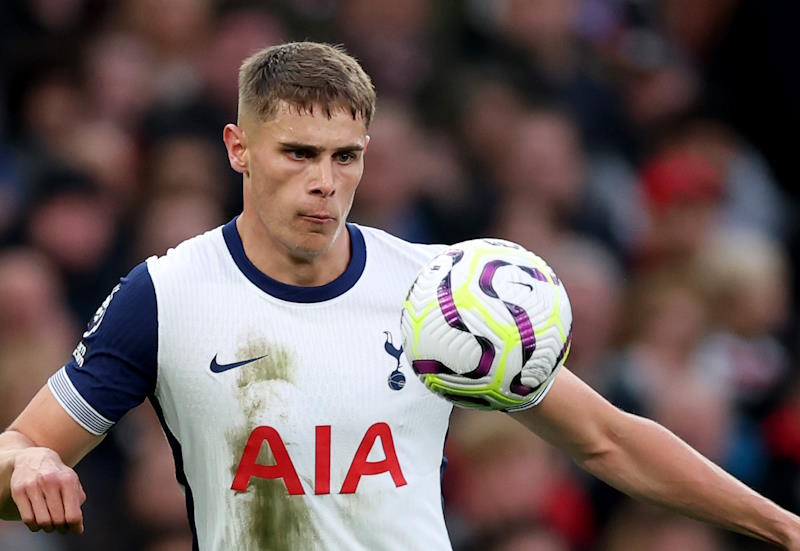
When Fabio Capello took charge of the England team in 2008, the Italian’s arrival was well-received by fans, the media and indeed the players.
Known for his tough stance on matters of discipline, including dress, behaviour and a strict training regime, Capello was considered by most to be exactly what the England team needed if they were to realise their undoubted potential and win the World Cup for the first time since 1966.
But now, two games into the tournament in South Africa, things are not going as well as anticipated, with England drawing with both the USA and Algeria meaning anything less than victory over Slovenia in the last game could see the Three Lions tumble out of the competition at the group stage.
There was also controversy at the end of the Algeria game when misfiring striker Wayne Rooney directed a foul-mouthed outburst at the jeering England fans. An apology from the Manchester United man was promptly delivered and it has been decided that clear-the-air-talks between the players and the management should be arranged.
These sorts of incident are becoming more and more commonplace in the modern game and are a major contribution to the decline of the disciplinarian coaching style. A glance around the globe yields a low count of top-flight managers and coaches who practice the art, with most preferring a more flexible style of man-management.
The move away from old-school disciplinarians has been happening for many years and can be attributed to an increase in young managers and coaches putting their own spin on the role, an increase in player wages, inflated egos and to some extent a detachment from reality.
Rooney is a classic example of why disciplinarian coaches can no longer control teams, he is a player on over £100,000 a week and who, despite his recent performances, will always score goals. He also plays for a club in Manchester United who are used to winning, especially against teams considered inferior.
All these factors fuel players’ egos and generate a belief they are bigger than the clubs they play for. Having unlimited money and a flash lifestyle at such a young age also makes them unaware of the economics of the real world.
When a coach is confronted with a team full of similar thinking players, it makes it impossible for the disciplinarian to assert dominance and manage the team in the way he wants. With players talking to the media and voicing their own opinions, a situation quickly arises where the coach feels the need to pander to the team and hold events like clear-the-air-talks.
Players having an opinion or making suggestions is not a bad thing, but Fabio Capello should be more trusting of his own instincts and rely on his experience as a top level coach. At the end of the day, the Italian is the one in charge of the national team and it is he who needs to start living up to his reputation.
Benching some of the side’s big names might be a gamble, but it is a necessary one if England are to progress in the World Cup. Too many of England’s superstars are failing to live up to their reputations.
Capello is one of just a handful of warriors versed in the old ways of football coaching left, and if he fails then it may well herald the end of the disciplinarian coach.

